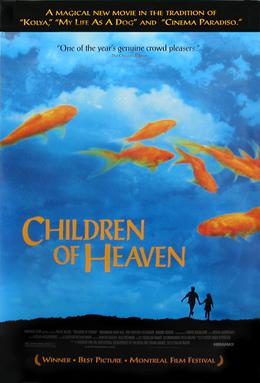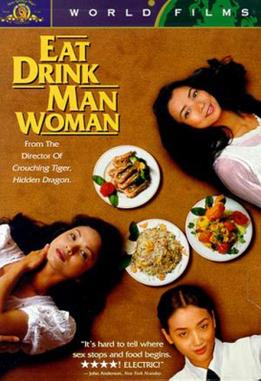
“Bombay” was released in 1995. The majority of the film, Bombay, is set between December 1992 and January 1993, when the Ram Janmabhoomi-Babri Masjid controversy was taking place and causing major religious tensions in Bombay, India. The film is about a Hindu journalist, Shekhar, and a Muslim woman, Shaila Bano, who fall in love and get married in spite of their parents’ opposition towards their relationship. They move to Bombay and give birth to a pair of twins whom they begin to raise in the peace and harmony of their simply home. However, in December 1992, political tensions developed into full-fledged riots and violence—even in the tolerant city of Mumbai, India. In the midst of the riots, Shekhar and Shaila’s parents decide to put their differences aside and travel to Bombay to visit their children. Shekhar and Shaila become separate from their children when a fire suddenly breaks out in their home and both Shekhar and Shaila’s fathers are killed instantly. Shekhar and Shaila begin to search for their children everywhere including morgues, while the twins also get separated from each other. Although the children wind up in very different situations, they eventually find each other and their parents too by the end of the film.
Conveying the message of tolerance and humanity, the film seeks to unite the people of opposing religious sects as a people of India rather than a people of Hinduism and/or Islam. This unity is first depicted in the rarely possible marital union of a Hindu man to a Muslim girl. Later, it is depicted when the fathers of Shekhar and Shaila set aside their differences and stand up for one another in the face of violence. The dilemma of this unique family’s shared heritage is finally caught on when the matter of life and death reduces to one question, “Are you a Hindu or a Muslim?” In this case, the marital union in this film doesn’t even allow for Shekhar and Shaila’s family to be separated based on this criteria. They represent an ideal version of India, a version in which it is not possible to separate the two groups of people simply because they can identify with both.
Since I am also of Indian heritage, I found it difficult to view this film and its message objectively. I was struck by the amount of danger and violence the people of India inflicted on each other during the period depicted in film, especially since it was based on the opposition of two religions that I always understood to be very peaceful. It certainly leads me to question the ethics and philosophies of both religions and my own faith as well.





